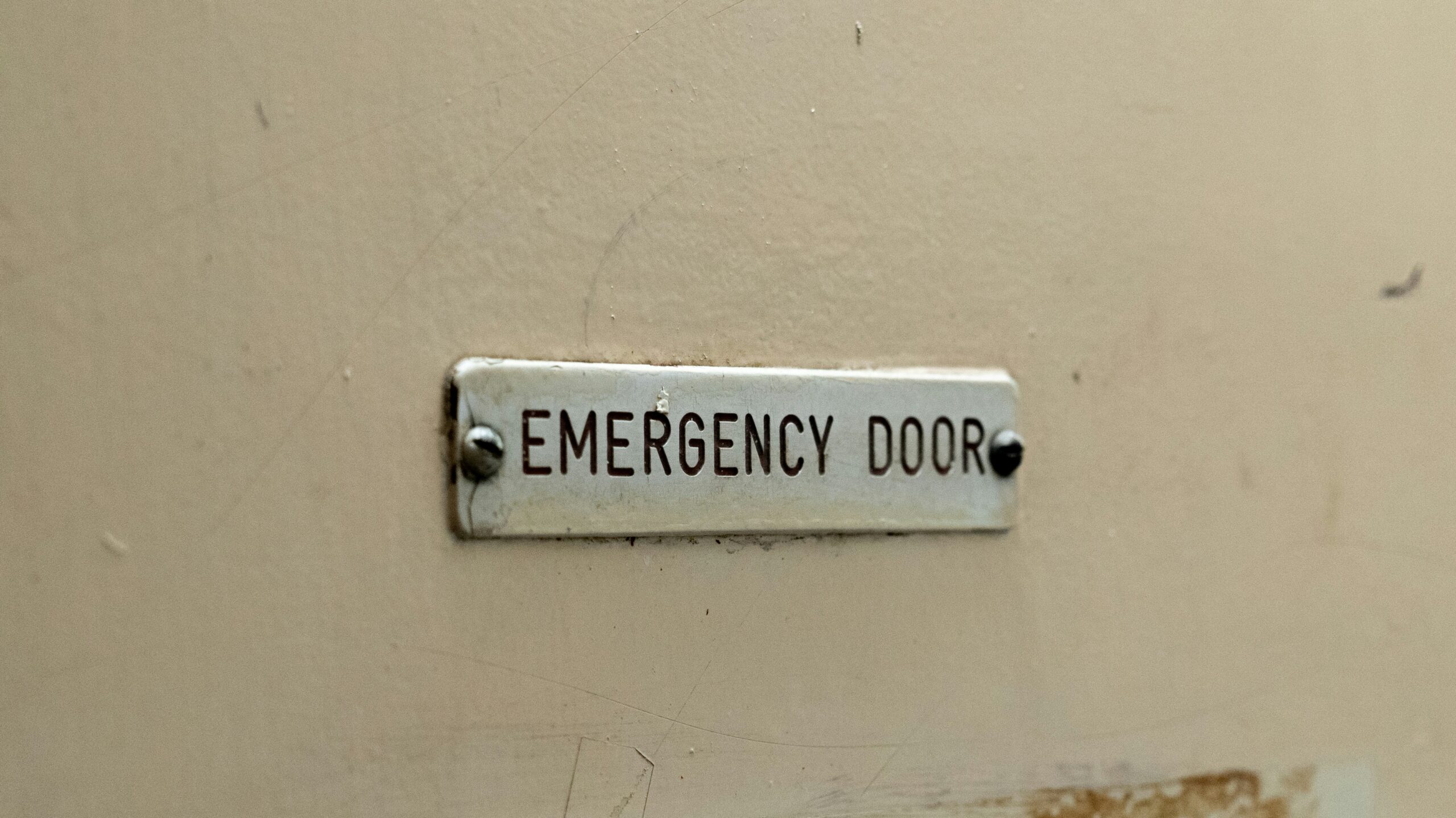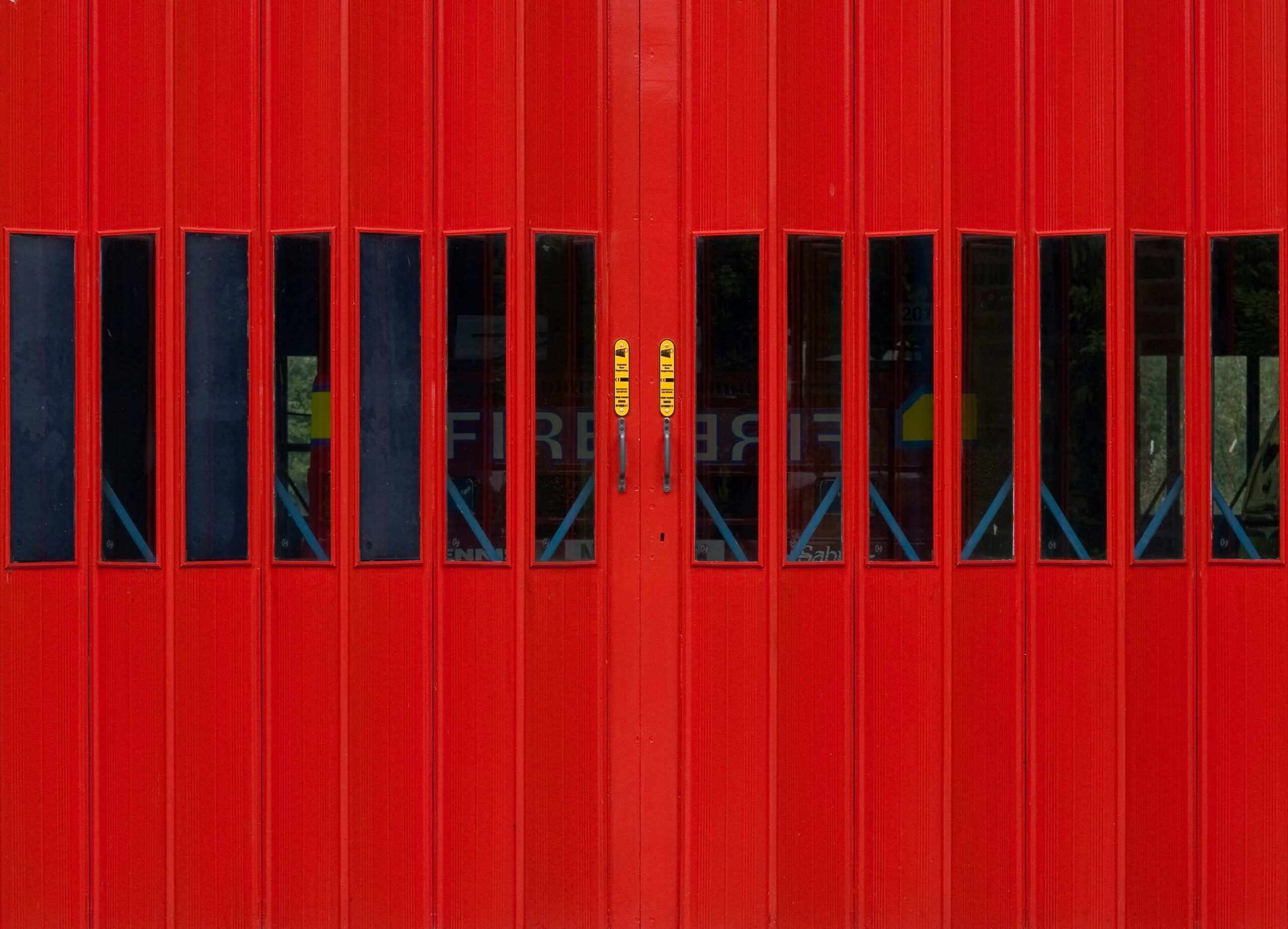Can you use bottled water for emergencies? This question often crosses the minds of many as they prepare for unforeseen situations. When you think about emergency preparedness, water is a crucial element that you must consider. Given the convenience and accessibility of bottled water, it’s natural to wonder if it serves as an effective resource during emergencies. Let’s explore the possibilities, considerations, and best practices to ensure you and your loved ones are well-prepared.

Why is Water Important in Emergencies?
Water is one of the most vital necessities for human survival. In emergencies, where access to clean and safe water might be limited, having a reliable source becomes even more crucial. Your body relies on water for various functions, including maintaining temperature, transporting nutrients, and removing waste.
Health Implications of Water Shortage
During emergencies, dehydration poses a significant risk. Lack of adequate water intake can lead to dehydration, which may result in dizziness, headaches, and in severe cases, kidney failure. Ensuring enough water supply can prevent these health issues and keep you active and alert.
Importance of Clean Water
It’s not just about having enough water, but having clean water is equally essential. Contaminated water can carry harmful bacteria and viruses, leading to waterborne diseases such as cholera and dysentery. Therefore, having bottled water, which is generally filtered and free from pathogens, can be a lifesaver during emergencies.
Accessibility and Convenience of Bottled Water
Bottled water is a convenient option due to its portability and availability. You can find bottled water in various places, from supermarkets to vending machines. It’s an easy-to-access solution when planning for emergencies.
Storage Space and Bottled Water
With bottled water, you can easily manage your storage space by stacking bottles or placing them in areas that are convenient to access during an emergency. Their sealed design helps prevent contamination and makes them a practical choice for long-term storage.
Long Shelf Life of Bottled Water
One of the major benefits of bottled water is its long shelf life. Most bottled water can last indefinitely if stored correctly, making it an excellent choice for emergency preparedness. This extended shelf life allows you to stock up without frequently worrying about expiration dates.
Preparing for Emergencies With Bottled Water
When considering bottled water for emergencies, you must plan effectively to ensure you have sufficient supply based on your family’s needs.
Calculating Your Water Needs
The general recommendation is to store at least one gallon of water per person per day. This amount covers drinking, cooking, and minimal hygiene needs. You should calculate the total number of gallons based on your family size and the number of days you want to be prepared for.
| Number of People | Days Prepared | Gallons Needed per Day | Total Gallons Needed |
|---|---|---|---|
| 1 | 3 | 1 | 3 |
| 2 | 3 | 2 | 6 |
| 4 | 3 | 4 | 12 |
| 1 | 7 | 1 | 7 |
| 2 | 7 | 2 | 14 |
| 4 | 7 | 4 | 28 |
Considerations for Children and Pets
If you have children or pets, consider their water needs. Children may require smaller amounts but still need adequate hydration, while pets vary in water needs depending on their size and species. Incorporating their requirements into your emergency plan ensures everyone in your household is covered.
Safe Storage Practices for Bottled Water
Proper storage of bottled water is fundamental to maintaining its safety and taste over time. Adhering to safe storage practices ensures your water remains a reliable resource during emergencies.
Choosing the Right Storage Location
Store bottled water in a cool, dark place to prevent exposure to sunlight and heat, which can degrade the plastic bottles and affect water quality over time. Basements, closets, or garages can be ideal locations when storing water for emergencies.
Keeping Track of Expiration Dates
Even though most bottled water can last indefinitely, manufacturers usually label bottles with expiration dates. Regularly checking these dates helps you manage your stock better, ensuring you consistently have a fresh supply.
Rotating Your Supply
An effective way to keep your bottled water stash fresh is to rotate your supply. Use the “first in, first out” method, where you consume the oldest stock first and replace it with new purchases. This practice helps maintain a consistent, fresh water supply.

Bottled Water vs. Other Emergency Water Sources
While bottled water is a viable option, understanding how it compares to other sources helps you make informed decisions about your emergency water supply.
Alternatives to Bottled Water
In addition to bottled water, consider other emergency water solutions such as water storage barrels, portable water tanks, and water filtration devices. Each comes with its own set of advantages and disadvantages in terms of cost, space, and safety.
Cost Considerations
Bottled water can be more expensive compared to other options like filling reusable containers. However, its convenience and availability may justify the expense as part of a comprehensive emergency plan.
Space Requirements
While bottled water takes up more space due to individual bottles, water barrels or tanks might offer a more space-efficient solution for long-term needs. Balance your storage space with your emergency preparedness plan to determine what works best for you.
Environmental Concerns with Bottled Water
Despite its benefits, bottled water raises environmental concerns that you need to consider in your emergency preparedness plan.
Plastic Waste
Bottled water contributes significantly to plastic waste, as many bottles are not recycled properly. Reducing consumption or opting for larger containers can help mitigate this impact.
Sustainable Alternatives
Consider using larger reusable water containers, water purification tablets, or filtration systems as sustainable alternatives to reduce environmental impact while still ensuring a safe water supply during emergencies.

Conclusion: Balancing Convenience and Readiness
In summary, bottled water is a convenient and generally safe option for emergency preparedness. Its accessibility, portability, and long shelf life make it appealing. However, balancing this with environmental considerations and exploring other water sources can make your emergency plan more comprehensive and sustainable. By evaluating your needs and weighing the pros and cons, you can create a well-rounded emergency water supply strategy.

